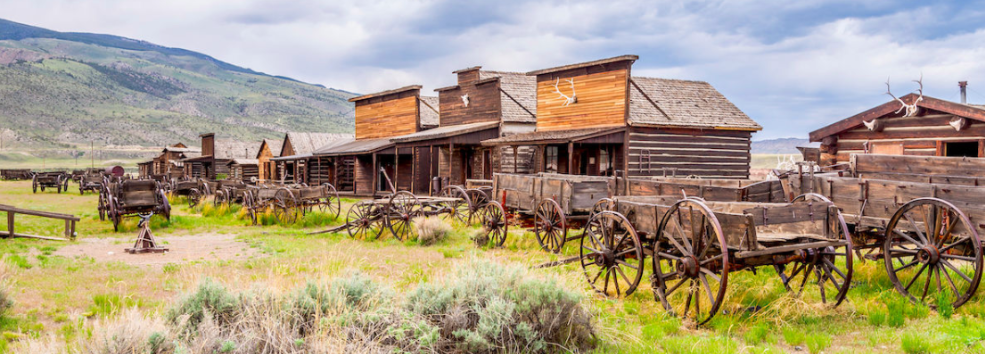The Religion of Mitheach
The kingdom’s religion is much less intertwined with the oligarchic political structure, but one is officially recognized over others. The religious center of the Mitheach pantheon is in Yäna, just to the north of the Tullynally Swamp, about as far from the capital in Noganon as it could be without becoming inaccessible.
Mythology & Lore
First there was Randha, the goddess of the sea, and she was an artist, and she crafted the landscape out of the sea, but there was no one to appreciate it, so she made humans. But she could not talk to them, and she was lonely, so she created the moon to be her friend. The moon was made her opposite in every way, and her name was Isilmë.
This was the First Age. Eventually, Randha began to grow jealous of the family relationships the humans had. She made herself a hot hot hubby, named Calavhentë, and had a son called Gälas. Gälas was a sharp young lad and had some of his mother's creativity, and while she wasn't looking he invented agriculture and taught the people about farming. (Picture three adults drinking tea while only sort of paying attention to the kid on the rug playing with the globe, but in a multidimensional sort of way.)
At the start of the Third Age, Calabhentë had been getting too big for his celestial britches, and asked Randha if he could have more responsibility around the house, so to speak. She, an artist obsessed with her work, gave him the power of sunshine, making him essentially the first desk lamp. (It is after this point that Gälas invents agriculture, btw. Still working out the timeline but also w/religion who cares) Calabhentë is glad to spend time with his wife, but he starts to resent being sidelined, and her friend Isilmë is so fun to talk to... that eventually the two have An Affair. Randha notices that they are spending more time with each other and not enough with her. She is hurt, but she is also all-powerful, so she establishes her boundaries by arranging a system with her friends so that they take turns visiting her and her project, thus establishing the concept of "a day"
Dûmhilin, goddess of death, was conceived of Isilmë and the sun during an eclipse, but while growing up with Gälas (she's like hundreds of years younger but time is fake) she took an interest in Randha's project. Dûmhilin discovered one day that she had the power to interact with the humans and where Randha gave life Dûmhilin could take it away. (This correlates with a historical plague in the Sethrapalure Diaspora.) Randha, always the mother, was proud of her sort-of granddaughter and wanted to control this power, so she allows Dûmhilin to kill at the same rate that people are born, to maintain a balance in the world she created, because it was starting to get a bit out of hand anyway.

Worship
Faith in Mitheach is more communal than in Salonika. The most common place of worship are the Temples of the Mother and Son. These buildings consist of a round, domed room for prayer, with an attached rectangular hall filled with tables for board games and gambling, referred to respectively as the Chapel of Randha and Gälas' Hall.
Mitheach is a nation of hard working farmers, most of whom maintain some form of shrine or altar to the god of agriculture in their fields. On days of rain or storms, farmers will often gather in Galas' Hall and dedicate games to the god to thank him for the rain. Clerics lead prayer in the Chapel twice daily, at sunrise and sunset.
Dûmhilin is worshipped by fewer people, but has clerics in the cemetery bethels in cities and larger villages, as well as a larger temple in Yäna.
Worship of Isïlme and Calabhentë is less common. While both have temples in Yäna, they are not worshipped in the urban centers elsewhere in Mitheach. Their temples tend to be located outside of town, in empty meadows and hilltops. Followers of these deities either take up residence in these temples or make pilgrimages between them.
Remove these ads. Join the Worldbuilders Guild









Comments